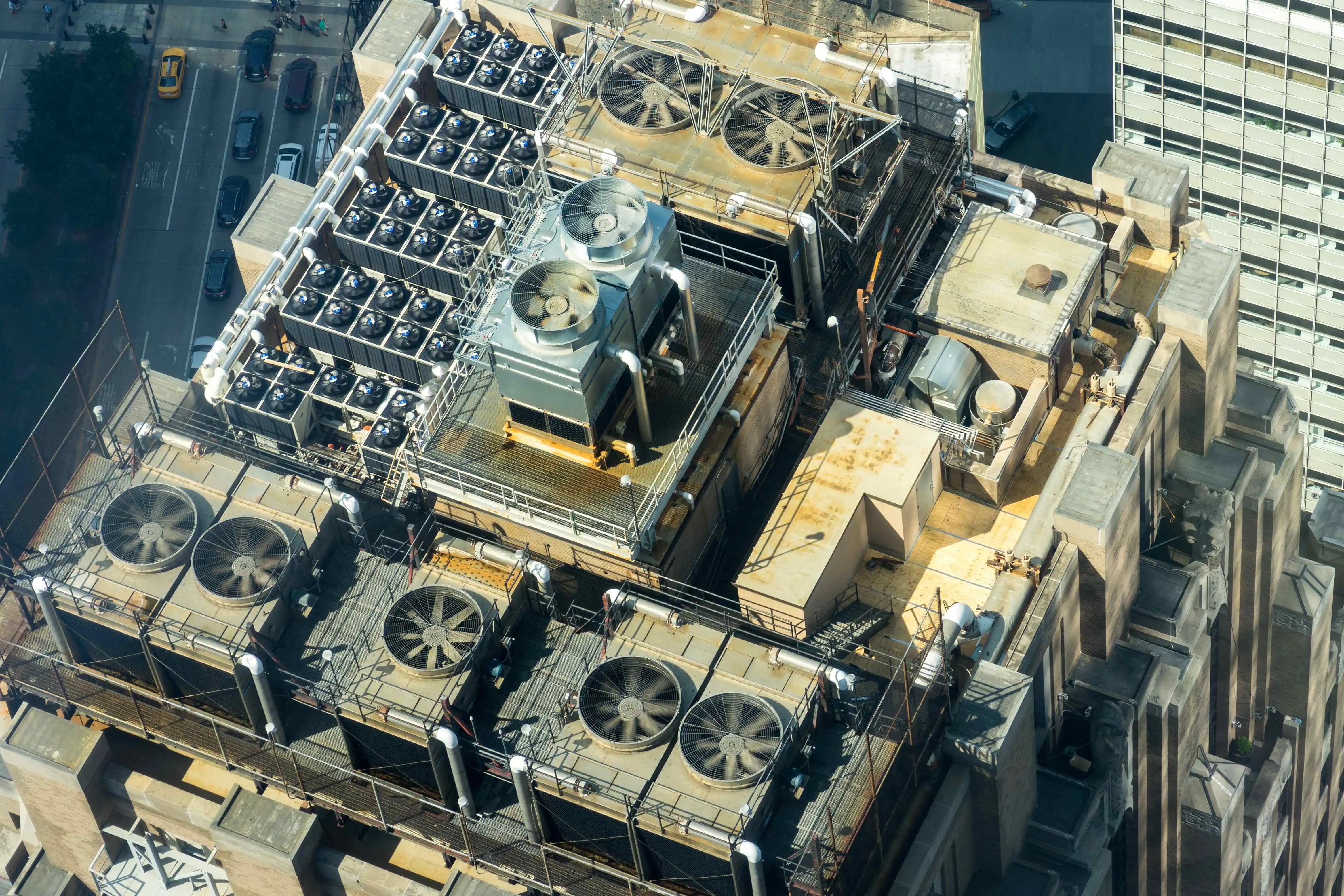
5 Common HVAC Issues You Can Avoid with Proper Maintenance
When it comes to the comfort of your home, your HVAC (Heating, Ventilation, and Air Conditioning) system plays a crucial role. It ensures that your living space remains cool in the scorching summer months and warm during the chilly winters. However, many homeowners often overlook the importance of regular maintenance, which can lead to common HVAC issues. In this comprehensive guide, we will delve into the top 5 common HVAC problems that you can easily avoid with proper maintenance. By the end of this article, you will not only save on repair costs but also ensure your HVAC system operates efficiently year-round.
Why HVAC Maintenance Matters
Maintaining your HVAC system might not seem like a top priority, but it is essential for several reasons. Here's why HVAC maintenance matters:
Improved Efficiency
Regular maintenance ensures that your HVAC system operates at its peak efficiency. This means that it consumes less energy, reducing your utility bills and minimising its environmental impact.
Prolonged Lifespan
Proper maintenance extends the lifespan of your HVAC system. Replacing an entire HVAC system can be a costly endeavour, so it makes financial sense to invest in maintenance.
Better Indoor Air Quality
A well-maintained HVAC system filters out dust, allergens, and pollutants, resulting in better indoor air quality. This is especially important for those with allergies or respiratory issues.
Avoiding Unexpected Breakdowns
One of the most significant benefits of HVAC maintenance is avoiding unexpected breakdowns. Regular inspections can identify potential issues before they escalate into costly problems.
Common HVAC Issue 1: Clogged Air Filters
Clogged air filters are a common problem that many homeowners overlook. These filters are responsible for trapping dust and debris, preventing them from circulating throughout your home. However, when they get clogged, they can lead to various issues:
- Reduced airflow, making your HVAC system work harder.
- Increased energy consumption, leading to higher utility bills.
- Poor indoor air quality, which can be detrimental to your health.
How to Avoid This Issue: Regularly check and replace your air filters. This should typically be done every 1 to 3 months, depending on your system and the filter type.
Common HVAC Issue 2: Refrigerant Leaks
Refrigerant is the lifeblood of your air conditioning system, responsible for cooling the air that circulates in your home. Refrigerant leaks are a common problem that can result from wear and tear or poor installation.
Signs of Refrigerant Leaks:
- Reduced cooling capacity.
- Hissing or bubbling sounds from the unit.
- Ice buildup on the evaporator coils.
How to Avoid This Issue: Schedule regular professional inspections to check for refrigerant leaks and have them repaired promptly.
Common HVAC Issue 3: Thermostat Problems
Your thermostat serves as the control center for your HVAC system. When it malfunctions, it can lead to discomfort and inefficiency.
Signs of Thermostat Problems:
- Inaccurate temperature readings.
- Inconsistent heating or cooling.
- Failure to turn on or off as programmed.
How to Avoid This Issue: Invest in a programmable thermostat and have it professionally calibrated during routine maintenance.
Common HVAC Issue 4: Electrical Component Failures
HVAC systems rely on various electrical components to function correctly. Over time, these components can wear out, leading to failures.
Common Electrical Component Failures:
- Capacitor failures.
- Wiring issues.
- Motor problems.
How to Avoid This Issue: Regular maintenance includes checking and replacing worn-out electrical components before they fail.
Common HVAC Issue 5: Ignoring Regular Inspections
Perhaps the most common issue homeowners face is simply neglecting regular HVAC inspections. These inspections are crucial for catching problems early on.
Why Regular Inspections Are Vital:
- They identify potential issues before they become costly repairs.
- They ensure your system operates efficiently.
- They help maintain good indoor air quality.
How to Avoid This Issue: Schedule annual professional inspections, preferably before the start of the heating and cooling seasons.
FAQs
What is HVAC maintenance?
HVAC maintenance refers to the regular upkeep of your heating, ventilation, and air conditioning system to ensure it operates efficiently and reliably.
How often should I change my HVAC air filters?
The frequency of air filter changes depends on your system and the type of filters used. Generally, it's recommended to check and replace them every 1 to 3 months.
Can I perform HVAC maintenance myself?
While some basic maintenance tasks can be performed by homeowners, it's advisable to have a professional conduct comprehensive inspections and repairs.
What are the signs of refrigerant leaks?
Signs of refrigerant leaks include reduced cooling capacity, hissing sounds, and ice buildup on the evaporator coils.
Why is a programmable thermostat a good investment?
A programmable thermostat allows you to set temperature schedules, optimizing your HVAC system's efficiency and reducing energy consumption.
Conclusion
In conclusion, proper HVAC maintenance is the key to avoiding common issues that can disrupt your comfort and drain your wallet. By addressing clogged air filters, refrigerant leaks, thermostat problems, and electrical component failures, and scheduling regular inspections, you can ensure that your HVAC system operates smoothly year-round. Don't wait until a small problem becomes a significant expense—invest in HVAC maintenance today for a more comfortable and cost-effective home environment.
